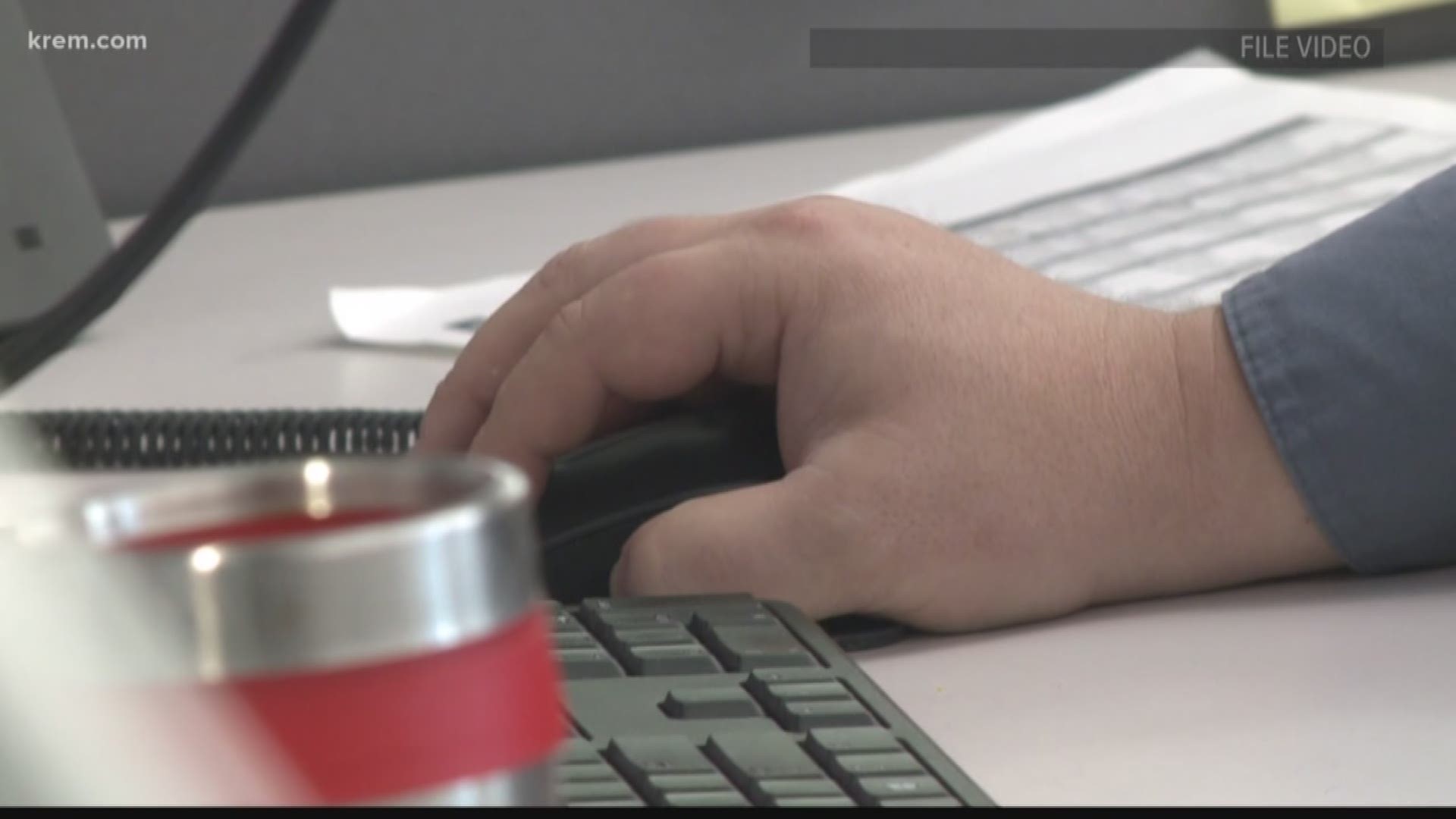On Thursday, a judge in King County ruled that Comcast charged thousands of customers in Washington for services they never agreed to.
In that ruling, the judge demanded Comcast repay those customers with interest.
The question remains: will you be getting a refund?
Exactly who qualifies is a bit unclear but here's what we know for sure.
What services are being refunded?
The ruling revolves around something called the Service Protection Plan. If you've never paid for this plan, you aren't getting anything as a result of this lawsuit.
Here's how the SPP works.
Sometimes, if you have Comcast come to your home to do a repair, it's free. But sometimes it isn't. If you buy the protection plan, it assures that the vast majority of repairs will be free.
Customers pay a monthly fee for the plan.
Here's what the court says Comcast did wrong.
For one, Comcast sales representatives frequently put the protection plan on customers' bills without their consent.
Sometimes the customers were just not told about it. Other times they were told by representatives that the plan was mandatory even though it's not.
Secondly, Comcast did a promotion a few years back for the plan. They offered a month for free. But after that month, you stay on the plan and start paying for it.
The only problem: Comcast often didn't tell its customers they'd automatically stay on the plan after the free month.
How many customers were affected?
The court determined that 30,946 customers in Washington were given the plan without their knowledge. Another 18,660 were misled by the promotion.
The judge ruled Comcast has to refund those customers for whatever they paid for the plan, plus 12% interest.
However, it's important to realize that these number are not a hard count. They were determined by sampling a portion of sales data and then extrapolating that data.
That doesn't necessarily make the numbers significantly less accurate but it does make it very difficult to determine exactly who will be refunded.
Only pertains to certain years
One bit of information that helps narrow down who should get refunds: the date range.
The case only pertained to customers who bought these services from 2014 to 2016.
If you weren't charged for the Comcast protection plan during that time frame, you probably won't be seeing a refund.
No clear strategy for doling out funds
Also complicating matters: the judge basically left it up to Comcast to determine who needed a refund since they're the ones who would have that information in the first place.
They have to do that in the next 60 days.
If they haven't given out the number of refunds required by the ruling after 180 days, all the money that would go to those customers enters a fund to be dispersed later.
But the details on how they're going to identify which customers get refunded are still unclear.
In fact, either Comcast or the state attorney general who brought the suit could potentially ask the judge for clarification.
Comcast could also appeal the ruling, delaying the refunds.
If you think you're owed a refund, your best bet might be just to keep paying careful attention to the case.
Comcast statement
We asked Comcast whether they intend to appeal the ruling and for more details on how customers can figure out whether they'll be getting refunds.
They did not answer those questions.
Instead, they sent a statement that reads, in part:
"We’re pleased that the Court ruled in our favor on several of the Attorney General’s key claims and awarded less than 5 percent of what he was seeking in damages. The Judge recognized that any issues he did find have since been fully addressed by Comcast through the significant investments we have made in improving the customer experience and consent process, and that throughout Comcast acted in good faith."
The "key claims" the statement refers to are several other accusations of malfeasance brought by Attorney General Bob Ferguson in the same suit, which the judge ruled were not backed by sufficient evidence.

